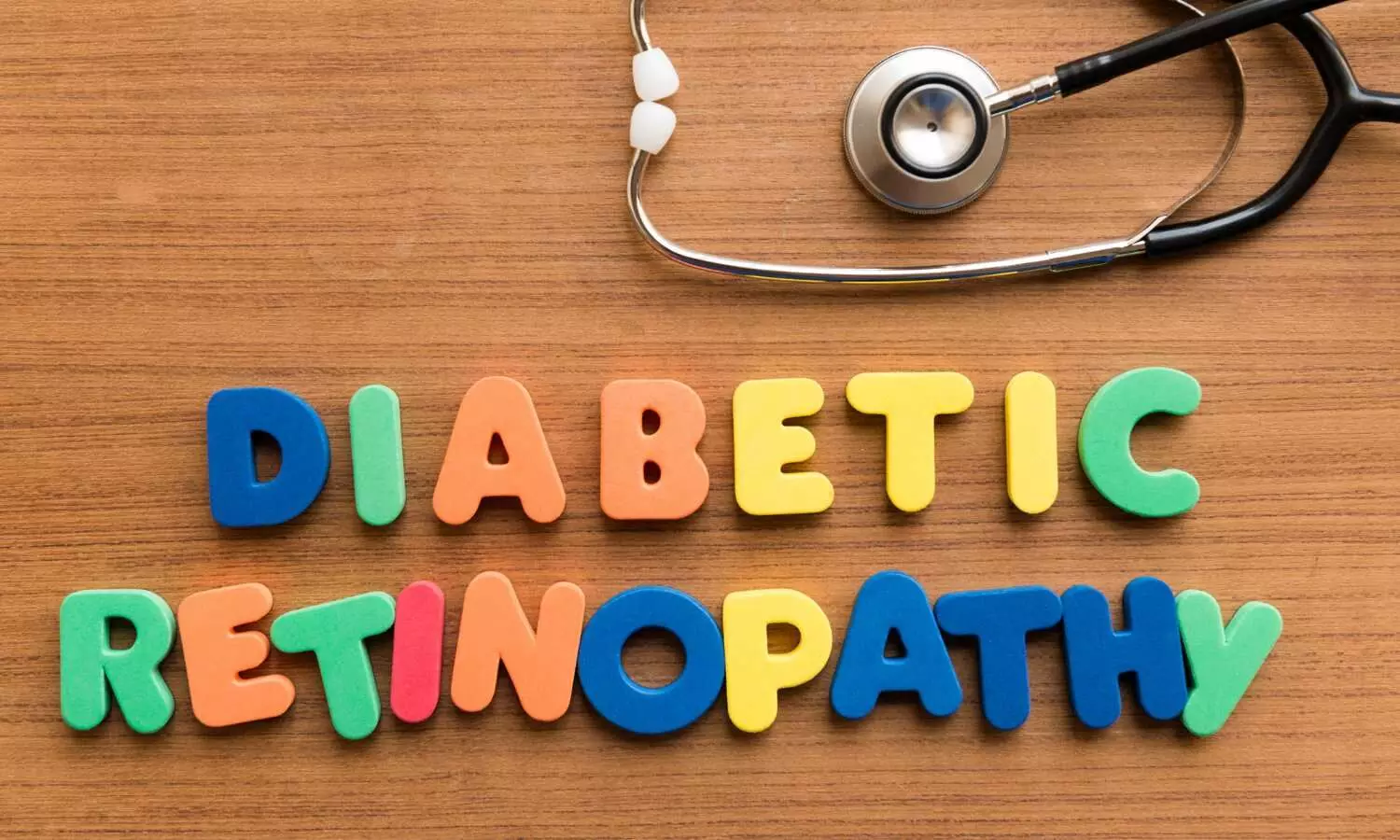Health – Demerara Waves Online News- Guyana
No spike in COVID cases but publicly-owned health sector on alert for new strain – Health Minister
4 months 4 weeks ago
Health, News, alert, COVID response mechanism, COVID-19 strain, Ministry of Health, NB 1.8.1, new strain
Rise, Reclaim, Restore: Safe Space Initiative piloted in Carriacou
5 months 3 hours ago
Carriacou & Petite Martinique, Health, lifestyle, PRESS RELEASE, Weather, bbe, build back equal project, Canada, dwight logan, gbv, gender based violence, hurricane beryl, leanwall perrotte, loveness nyakujarah, marie george, mcpma, ministry of carriacou & petite martinique affairs and local government, nadina williams, ramona grandison, safe space initiative, un women multi-country office caribbean
US$100 million through global philanthropic capital campaign for new hospital
5 months 9 hours ago
Business, Health, budget authorisation act, dennis cornwall, eastern caribbean central bank, eccb, fundraising, hope vale, linda straker, mount sinai international, project polaris
Medical News, Health News Latest, Medical News Today - Medical Dialogues |
FDA Approves Genentech's Susvimo for Diabetic Retinopathy
5 months 11 hours ago
Diabetes and Endocrinology,Diabetes and Endocrinology News,Top Medical News,Latest Medical News
HHS cancels funding for Moderna to develop vaccines to combat bird flu - The Washington Post
- HHS cancels funding for Moderna to develop vaccines to combat bird flu The Washington Post
- Trump administration cancels plans to develop a bird flu vaccine NPR
- Moderna Is Imperiled by Kennedy’s Health Department. It May Run Out of Cash. Barron's
- Moderna suffers a $750 million loss from NIH funding cut Yahoo Finance
- HHS slams 'under-tested' mRNA technology as Trump cuts Moderna's vaccine funding Fox News
5 months 1 day ago
Health Archives - Barbados Today
Health Ministry investigating suspected cases of infectious skin disease at Geriatric Hospital
5 months 2 days ago
Health, Local News, News
News Archives - Healthy Caribbean Coalition
Webinar: Act on Facts: Lets do it Better for the Children
5 months 2 days ago
News, Slider, Webinars
Health – Demerara Waves Online News- Guyana
Toxicology, DNA tests, postmortem show no sign of foul play in Adriana Younge’s drowning- Police Force
5 months 3 days ago
Crime, Health, News, Adriana Younge, drowning, Guyana Police Force (GPF), toxicology report
U.S. halts COVID-19 vaccine recommendation for healthy children and pregnant women
5 months 3 days ago
Health, World



